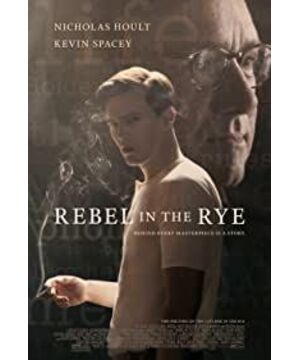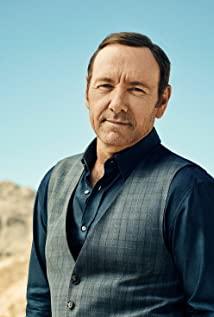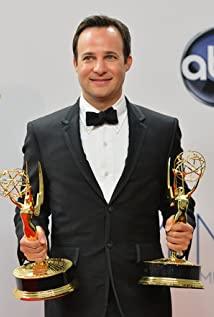film, it is said that Salinger was fired from New York University. Later, staying at home. At a reception, Salinger fell in love with the wealthy and beautiful Miss Oona, but when the other party learned that Salinger, who claimed to be home, had not published a work, he politely declined to associate with her... So Salinger decided to return to school. Studying literature, although his father was ridiculed and ridiculed, his mother strongly supported... After
Salinger entered Columbia University, with the encouragement of his mentor Whitt, he worked tirelessly to write one article after another despite the publisher’s refusal to publish. Works...(In reality, Salinger studied in a military school in Pennsylvania; after graduating from the military school, he was sent to Poland by his father who was a ham importer in 1937 to learn how to make ham.) Finally, the tutor Whittaker After
reading Salinger’s work, which was published in the school magazine "Story", Salinger received the first manuscript fee of $25 in his life... Ona read Salinger’s work in the "Story" periodical and appreciated it very much. His talent, he promised to associate with him, and he also agreed to meet at home... But Salinger was put the pigeons on the date, Ona traveled to England...
Then, the "New Yorker" publishing house agreed to publish Salinger's short story collection. Although the publisher asked Salinger to make drastic changes to his work, Salinger finally made a compromise... However, the war of World War II burned to Pearl Harbor in the United States. After the United States announced its participation in the war, the publishing house considered Salinger's works to be too frivolous and believed that the works were not suitable for publication when the country entered the war. As a result, Salinger’s collection of works was shelved...
Then, at the call of the country, Salinger joined the army and entered the European battlefield... After the Normandy landing, European wars, and death camps, Salinger suffered from severe war syndrome. At the same time as insomnia, the dreams were full of cruel war scenes. Finger cramps made it impossible to write... (This is not in reality. In 1944, he went to the European battlefield to engage in counterintelligence work. Although the war frightened him, he (I still wrote many books on the subject of war)
In 1946, Salinger returned home with his German wife. At this time, when Whitt, the tutor who promised to publish Salinger's collection, told him that the collection was rejected, Salinger sweared not to meet Whitt again...
The aftereffects of the war still afflicted Salinger, causing him to Unable to write any works...Once by chance, Salinger saw the Indian religion of meditation in the park...Under the healing of meditation and yoga, Salinger gradually emerged from the shadow of war and regained his writing function...
Finally, Salinger wrote the first novel in his life, "The Catcher in the Rye", which made him famous... At this time, the divorced Salinger met the young female student Claire, and the two married in 1955 ... After their
marriage, Salinger and Claire lived in seclusion on the riverside hills in the New Hampshire countryside... But Salinger still seems to have not gotten out of the aftereffects of the war. After becoming famous, he became more withdrawn and did not visit any relatives or friends; Writing, meditating in a self-closing room alone, and often do not meet his wife for a week...In the end, Claire and Salinger divorced...Since then, Salinger never published a work... (In reality, Salinger Grid published a new novel "Hapworth 16, 1924" in 1999. In 2000, he and his second wife Claire's daughter Margaret published "The Catcher of Dreams: A Memoir". )
View more about Rebel in the Rye reviews











